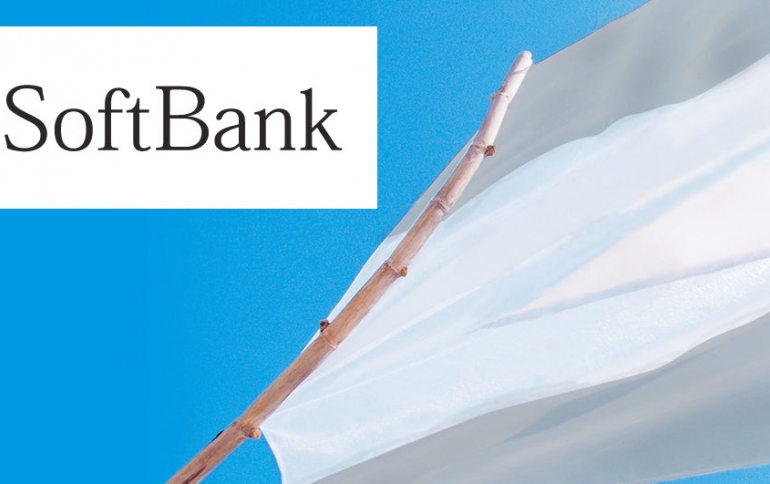
SoftBank Reports $18 Billion Loss from Vision Fund
SoftBank Group Corp. said Monday the Vision Fund lost $17.7 billion in the most recent fiscal year, triggering the worst loss ever in the Japanese company’s history.
Masayoshi Son’s conglomerate recorded a record loss highlighting the deepening crisis at its portfolio companies from the global downturn.
The disastrous 1.9 trillion yen ($18 billion) operating shortfall at the Saudi-backed Vision Fund, including losses of almost $10 billion at office-sharing firm WeWork and ride- hailing app Uber Technologies Inc alone, left SoftBank with its worst annual loss of 1.4 trillion yen.
Fair values of Uber, WeWork and its three affiliates decreased, and total fair value of other portfolio companies decreased significantly in the fourth quarter, primarily due to the impact of the outbreak of the novel coronavirus.
SoftBank had to write down the valuations of companies like WeWork and Uber Technologies Inc. because of business missteps and the coronavirus fallout. Its return on the fund is negative 6%, compared with 62% just a year ago, Son said.
Son said SoftBank would raise 1.25 trillion yen against its stake in China’s Alibaba Group.
On March 23, 2020, the company’s Board of Directors also decided on a program to sellor monetize up to ¥4.5 trillion of assets held by the company. The funds obtained from the sale and monetization will be used to repurchase up to ¥2 trillion of the company’s common stock with the balance to be used for debt redemptions, bond buybacks,and increasing cash reserves. The transactions will be executed over four quarters. The company believes, the enhanced share repurchase and significant debt reductions, including bond buybacks, through this program will further strengthen its balance sheet and enhance its credit rating.
The Vision Fund is an initiative that Son once proclaimed the future of SoftBank as it moved away from the telecom business. The crisis has pushed the Vision Fund’s portfolio underwater, with its $75 billion investment in 88 startups worth $69.6 billion at the end of March. The $100 billion fund had already delivered two consecutive quarters of losses before being upended by the outbreak. The Tokyo-based company said it would keep making startup investments with its own money, albeit more cautiously than in the past. About 15 of the fund’s startups will likely go bankrupt, Son said, while another 15 are likely to thrive.
With the recent global outbreak of COVID-19, many countries are implementing city area lockdowns, restricting social outings, and restricting border entry and exit. These restrictions have slowed down the flow of people and goods, and cast a shadow over the global economy. The timing for the end of the COVID-19 pandemicis not clear, and thus Sofbank says it remains difficult to forecast the medium-term impact on the company’s business and financial results.
For SoftBank Corp., the company expects no significant impact on telecommunication business at this point. For Z Holdings Corporation, the use of e-commerce is expected to increase, while the advertisement sales and use of hotel and restaurant reservation services are expected to decrease.
For Arm, the SoftBank expects that if shipments of consumer electronic devices decrease it will likely lower technology royalty revenue, and if customers delay licensing decisions it will likely lower technology licensing revenue.





















